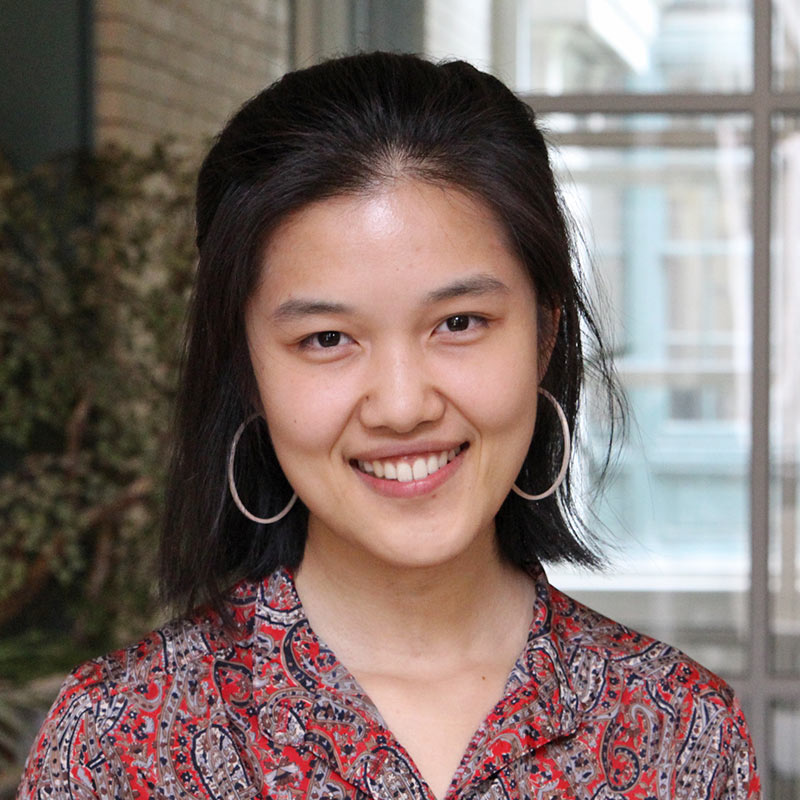
Anjie Cao
Advisers: David Rakison and Wayne Wu
Majors: Cognitive Science; Philosophy
From World to Word and Back: An Empirical and Philosophical Investigation on Syntactical Bootstrapping
Causality cognition is embedded in every facet of our mental life. A conceptual understanding of causality certainly involves the ability to understand causal language, but how this capacity emerges remains a fascinating mystery. Previous studies have shown that toddlers as young as 15-months-old would look longer at the scene that involves causal event when listening to the sentence that contains a novel transitive verb. They hypothesized that young toddlers can depend on a process known as syntactical bootstrapping, the use of the syntactical structure of the sentence to map transitive verb to the causal event. However, it remains unknown whether this process can be generalized to other components of the scene. For any causal action event, it always involves a causal agent and a recipient. In this project, Anjie Cao hopes to explore whether toddlers can apply the same learning mechanism to map the novel subject noun to causal agent involved in the scene.
Bio
Originally from Bejing, China, Cao started working with infants in the summer of her freshman year. In her studies, Cao sometimes found it amazing to think about how even the greatest philosophers in the world had to undergo infancy and toddlerhood (Can you imagine Kant in his crib?). In her spare time, Cao loves to write popular science articles in Chinese and explore all sorts of restaurants in Pittsburgh. She even made a website for international restaurants in Pittsburgh!